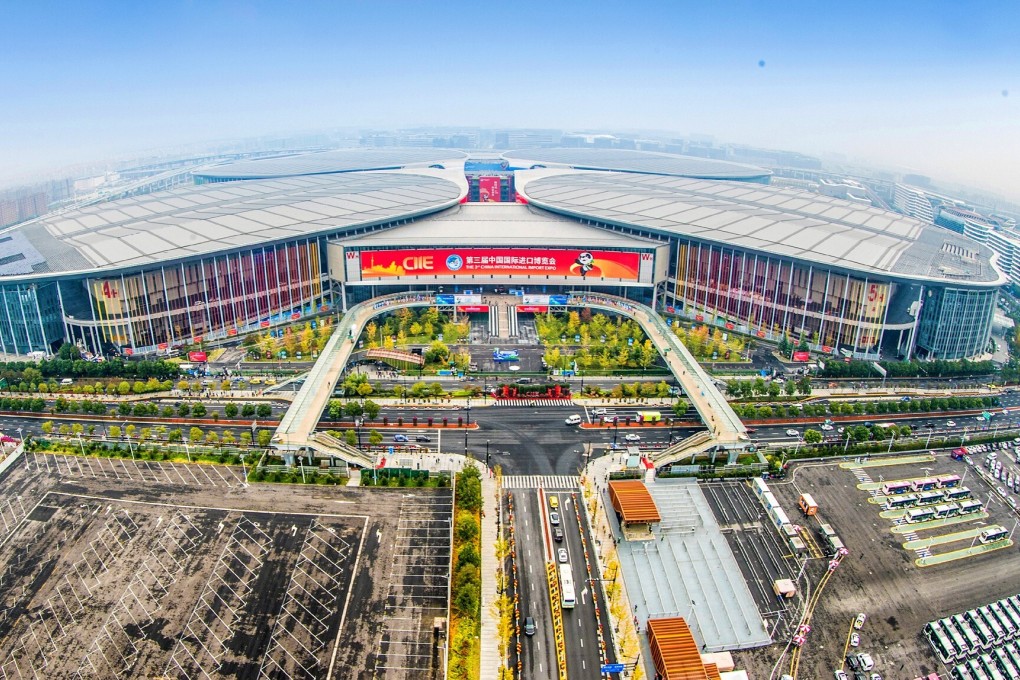China’s firms sign US$73 billion worth of deals at flagship Shanghai import expo
- The third annual China International Import Expo (CIIE) in Shanghai concluded on Monday, with US$72.62 billion worth of deals signed during the six-day event
- Due to the coronavirus, the six-day international trade event imposed strict access to cross border travellers, who had to quarantine for 14 days and be tested

China’s flagship imports expo concluded with more deals signed this year than last, although foreign companies remain unconvinced about Beijing’s commitment to creating a level playing field for them in the domestic market.
European businesses, though, said last year about half of the deals signed at the 2018 event had not been executed.
Before the event, the Shanghai government said that 400,000 people had registered, although it did not provide a breakdown of foreign visitors. In 2019, more than 500,000 people registered for the trade fair with 6,000 from overseas.
In a video address at the start of the expo last week, Xi said the “trend of opening up and cooperation among countries remains unchanged” and all nations should promote “mutual openness”.